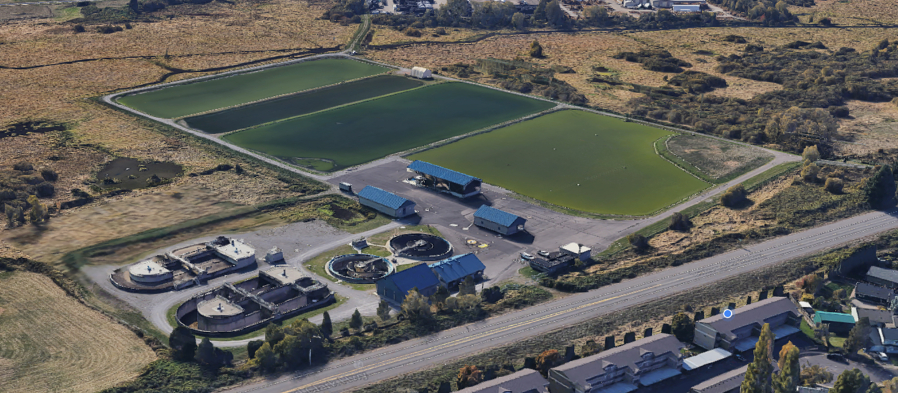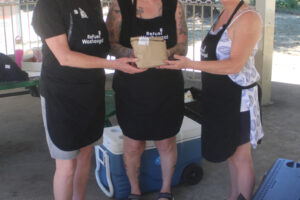The Washington State Department of Ecology (DOE) has awarded the city of Washougal a low-interest $22.5 million loan for the City’s biosolids facility construction project.
The funding is part of the DOE’s 2025 Water Quality Combined Funding Program, which is distributing $309 million to dozens of Washington cities and jurisdictions for 136 clean-water projects and infrastructure investments, according to the DOE.
“The Council and staff were very pleased to learn that we had been awarded this Clean Water loan,” Washougal City Manager David Scott said. “We were not surprised that we ranked very highly on the loan list because we knew that we had a very strong application, but there is always some uncertainty until the list is announced.”
The City plans to pay for the $34.5 million project with the DOE loan, $11 million from its wastewater fund, and $1.9 million in direct federal appropriations, according to Scott.
“This loan is very significant for the funding of the project,” he said. “The loan is provided at very low interest, making it more affordable for our community. The very favorable terms of our loan are 1.6% interest for 30 years. The federal Drinking Water and Wastewater Infrastructure Act of 2021 provided significantly more funding for clean water projects than had previously been available, making this loan possible.”




